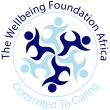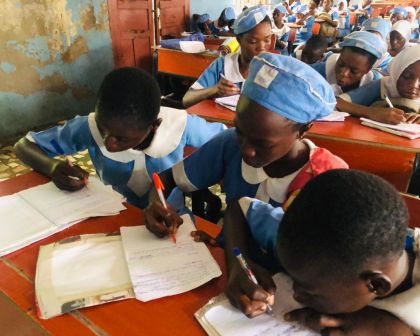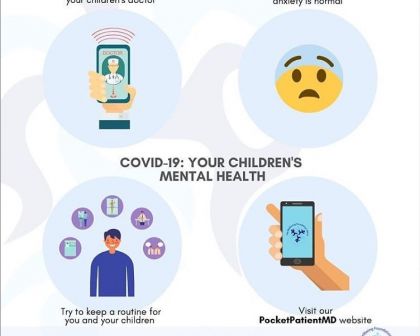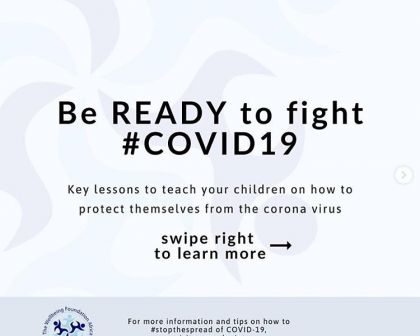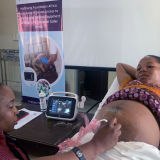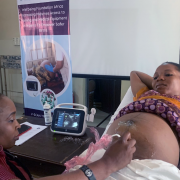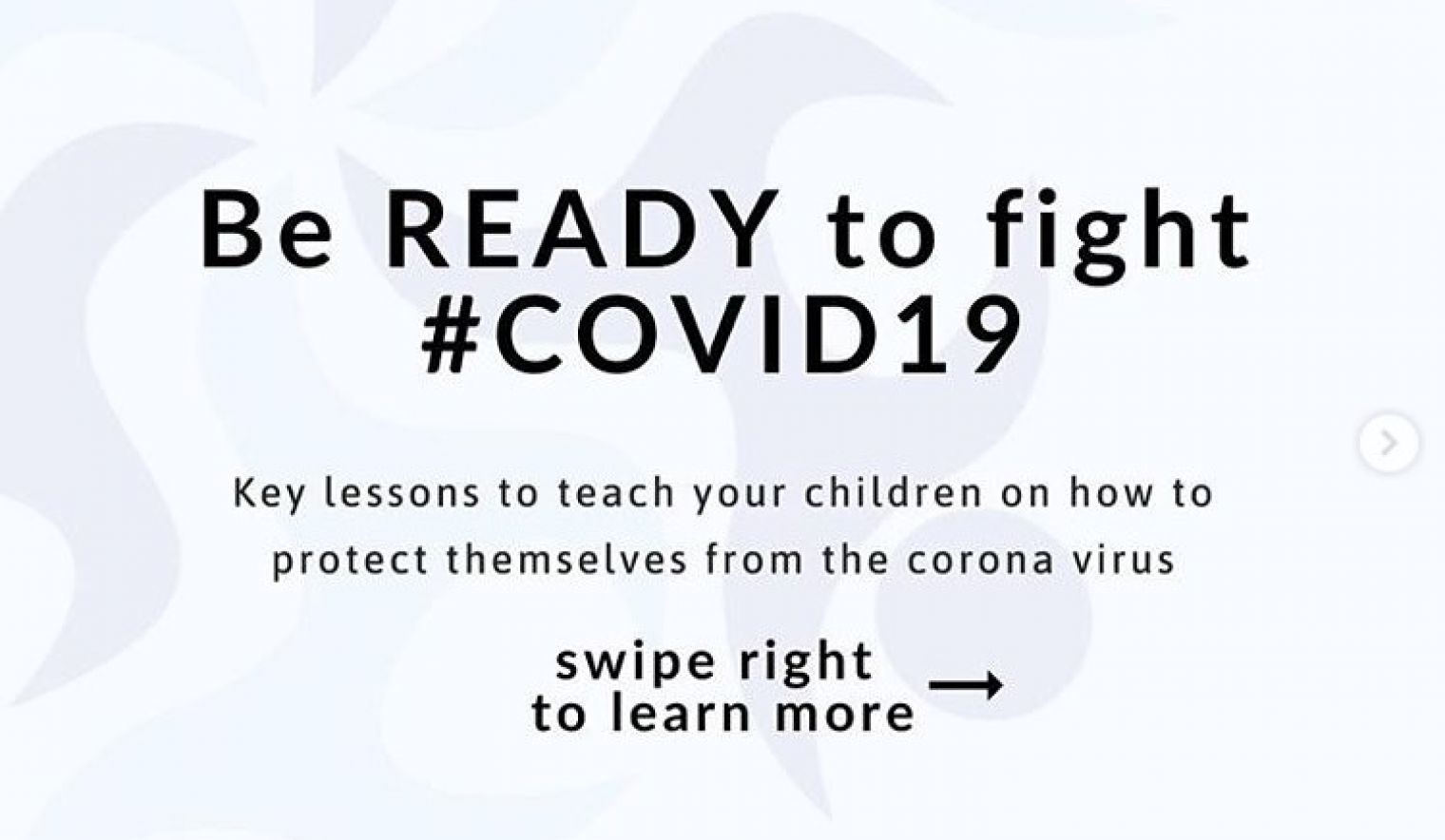
Key Lessons To Teach Your Kids On How To Protect Themselves From Coronavirus
Coronavirus disease-19 — COVID-19 for short, has turned into a pandemic and a world-wide emergency. To date, with no cure or vaccine, social distancing has proven to be the most effective measure against the spread of COVID19. Due to this, the Nigerian government has directed a cessation of all movements in Lagos, Abuja, and Ogun state in order to contain and control the spread. For parents this means dealing with a lot of questions from their curious younger ones.
Dealing with this effectively, truthfully, and without causing panic or prejudice is important. This gives you a chance to learn how much your children know, and a chance for you to give them the right information to protect them and yourself from contamination.
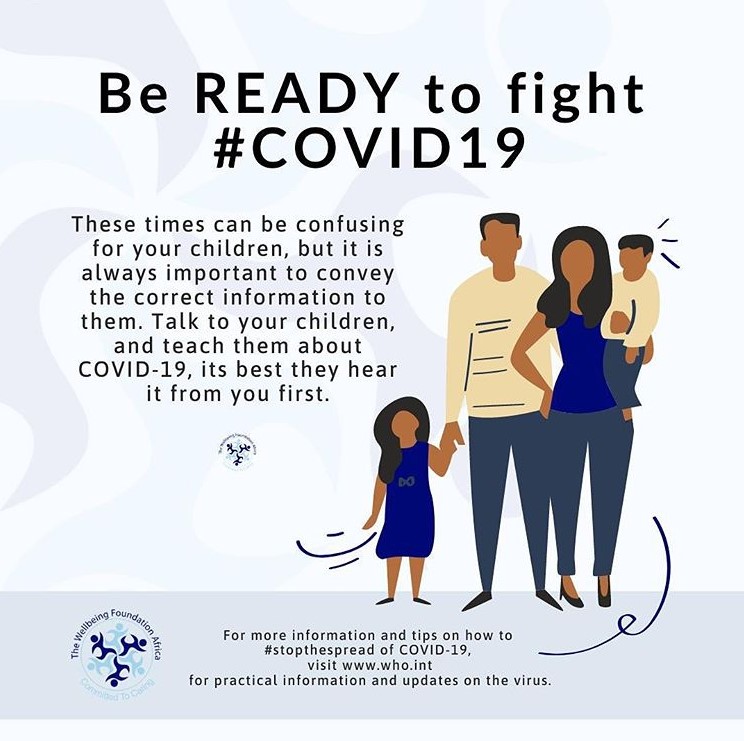
Based on available evidence, children do not appear to be at higher risk for COVID-19 than adults. While some children and infants have been sick with COVID-19, adults make up most of the known cases to date. Though current data suggests that children with COVID-19 may only have mild symptoms, they can still pass the virus onto others who may be higher risk, including older adults and people who have serious underlying medical conditions.
This why it is important to encourage your child to help stop the spread of COVID-19 by teaching them to :
- Avoid people who are coughing and sneezing, and keep 2 meter away from anybody outside the household.
- Cough or sneeze in their elbows instead of into their hands
- Wash their hands often with soap and water; or sanitize using an alcohol based hand sanitizer.
- Keep toys clean. (If possible parents should launder items using the warmest appropriate water setting for the items and dry items completely.)
***if you notice any sign of illness in your child, particularity fever, cough, or shortness of breath, keep your child far away from others and contact your healthcare provider or NCDC**
Share this Article
